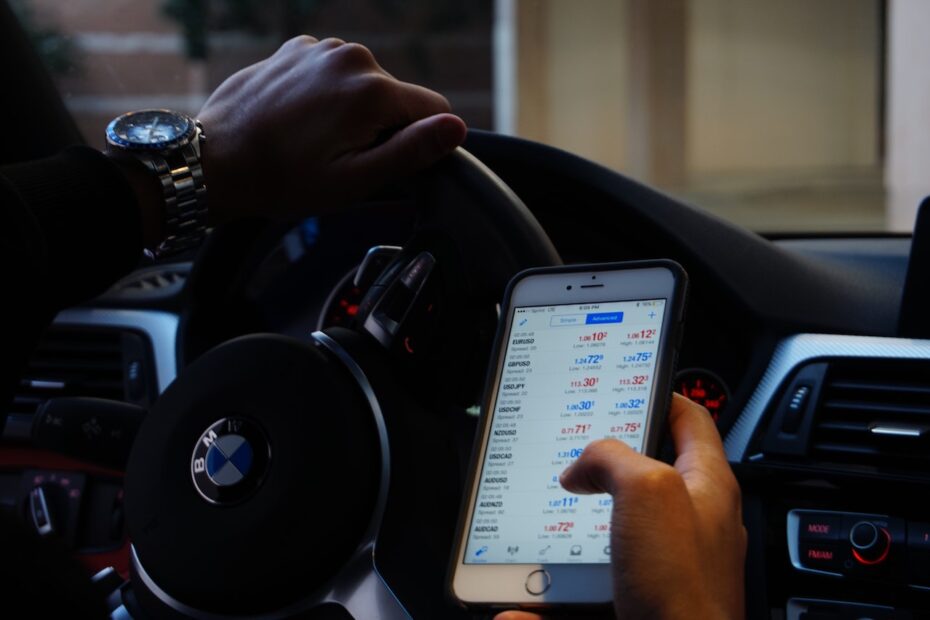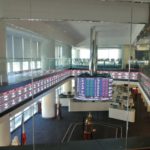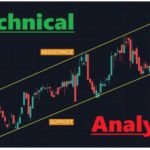Forex trading is becoming popular again in the Philippines since the stock market and cryptocurrency market is a bit dull compared to a couple of years ago. As the number of Forex traders increases in the country, so do the activities of scammers and brokers also increased. Just like any other money-making activity, it is important that we understand the risk before we engage in it.
The Foreign Exchange (also known as forex or FX) market is a global marketplace for exchanging national currencies. In Forex trading you will be trading in pairs, For example, EUR/USD is a currency pair for trading the euro against the U.S. dollar.
Forex markets exist as spot (cash) markets as well as derivatives markets, offering forwards, futures, options, and currency swaps. Market participants use forex to hedge against international currency and interest rate risk, speculate on geopolitical events, and diversify portfolios, among other reasons.
Is Forex regulated here in the Philippines?
The answer is No. BUT! you can still trade FX from the Philippines, but you have to use a foreign international brokerage to do so.
Choosing the right broker isn’t a small matter—with all the forex scams in the country, signing up with a trustworthy service is paramount.
SEC Advisory: https://www.sec.gov.ph/advisories-2018/foreign-exchange-trading-is-illegal-in-the-philippines/
Who are the best Forex brokers in the Philippines?
According to forexbrokers.com here are the best brokers for the Philippines:
IG – Best overall broker, most trusted
Saxo Bank – Best web-based trading platform
Interactive Brokers – Great overall, best for professionals
FOREX.com – Excellent all-round offering
XTB – Great research and education
AvaTrade – Great for beginners and copy trading
OANDA – Trusted broker, great research
Forex Scams
If someone offered you to invest in the Forex trading platform and asks you to invite other people to join the platform it’s probably a scam.
Individuals and companies that market systems—like signal sellers or robot trading—sometimes sell products that are not tested and do not yield profitable results.
If the forex broker is commingling funds or limiting customer withdrawals, it could be an indicator that something fishy is going on.
Many Signal-seller scammers simply collect money from a certain number of traders and disappear. Robot trading scammers tout their system’s ability to generate automatic trades that, even while you sleep, earn vast wealth. Today, the new terminology is “robot” because the process is fully automated with computers.
Advantages of Trading Forex
The comparative freedom from regulation on the forex and its high degree of possible leveraging makes it easy to control big trades.
A newbie forex trader has many of the tools available to them that a seasoned trader has, whereas a stock trader needs to acquire special qualifications and save up a significant amount of capital to trade like the pros.
Currencies are more liquid than stocks, they trade at all hours of the day making them the most accessible markets for retail traders, and large orders have less impact on currency pairings than they do on stock prices.
Traders can set up a forex account within a period of one to three days and begin trading even with small capital. Trading through most brokerages can be done online and traders have access to real-time market pricing, news, price charts, tools, and strategies through online trading platforms.
Access to leverage can make the difference between small gains in trading and sizable ones. The availability of resources for leverage in the forex market is greater than in most other markets.
The forex market is the largest market globally by volume. This means there is usually immense liquidity for trading, especially in major currencies. Also, brokers offer lower commission rates and fees.
Disadvantages of Trading Forex
Forex trading is generally less regulated than stock trading, meaning trades are not carried out on a centralized exchange, and regulatory oversight is sometimes limited. Because of this, traders may need to do a “due-diligence” investigation of their broker’s reputation and trading practices before signing up for an account.
Everything is handled by the broker, if your broker goes offline or does maintenance you might not be able to trade or withdraw your money.
Also, depending on which country they are operating in, If you have not been treated fairly by your broker or worst scammed since it’s not regulated the government cannot protect you. The reduced regulation is one of the primary disadvantages of forex.
Unlike stocks and bonds which often make regularly scheduled interest and dividend payments. FX trading customarily aims mostly at obtaining capital gains from the appreciation of one of two currencies in a given currency pair.
Stock Trading vs Forex Trading vs Cryptocurrency Trading
Stock trading is pretty much straightforward you are speculating the performance of certain companies or industries. While a broader economic context always helps, buying a stock is a simple concept—you’re buying a share of ownership in a company. That, along with the highly regulated environment so your money is protected by laws, can put some traders at ease and help them focus on their trading strategy.
Forex trading uses pairs, so the trade depends on the performance of two economies rather than trading a single stock. Not only do you have to be concerned with the economic health of the country whose currency you are trading, but you also have to consider the economic health of the country against which you are trading.
Stock, Cryptocurrency and even commodities markets can often be strongly influenced by private information held by insiders and key stakeholders of those assets. Control of the Forex market, however, is far less centralized and less influenced by insider information.
Summary
Most investors are more familiar with the Cryptocurrency market than the Stock market and with Forex, but recently we are seeing an increasing number of Pinoys trying out Forex trading. Other traders will prefer the higher risk/reward ratio that comes with the unregulated forex environment and its high levels of leverage.
Companies and traders use forex for two main reasons: speculation and hedging. The former is used by traders to make money off the rise and fall of currency prices, while the latter is used to lock in prices for manufacturing and sales in overseas markets.
Whichever market you choose, trade carefully and control your risk with stop-losses. Remember, trading is not for everyone if your win rate is below 50%, stop trading and start studying how trading works.
The first step to trading is to educate yourself about the market’s operations and terminology. Next, you need to develop a trading strategy based on your finances and risk tolerance.
It is always advised for newbie traders to try our virtual trading or demo account before actually putting money in, so you will be familiar with the platform first and formulate your strategy before diving into live trading. Good luck!




